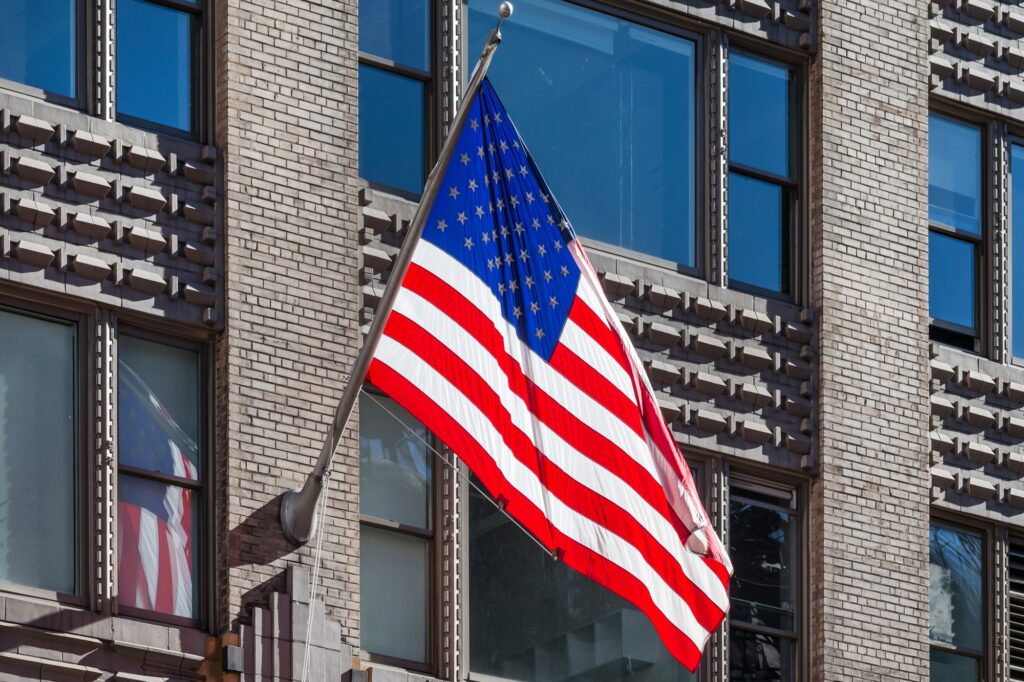Introduction
The U.S. Citizenship and Immigration Services (USCIS) has announced a suspension of application processing for certain humanitarian parole programs, effective February 20, 2025. The decision impacts thousands of immigrants seeking protection under programs designed for individuals fleeing conflict, violence, or persecution.
According to the Department of Homeland Security (DHS), this pause is necessary to conduct additional security vetting, prevent potential fraud, and assess risks to both public and national security. However, the move has sparked widespread concern among immigrant advocacy groups and those relying on humanitarian relief.
Key Takeaways
✔ Humanitarian parole processing halted – USCIS has paused applications for multiple parole programs. ✔ Affects thousands of vulnerable immigrants – People fleeing conflict zones now face longer uncertainty. ✔ Security and fraud concerns cited – DHS aims to strengthen vetting processes. ✔ Advocacy groups raising alarms – Rights organizations criticize the decision’s humanitarian impact. ✔ Legal challenges possible – Immigration attorneys may challenge the pause in federal court.
Which Programs Are Affected?
📌 Uniting for Ukraine ✔ Program allowing Ukrainians fleeing war to enter the U.S. ✔ Thousands of applicants now left in limbo.
📌 Cuban, Haitian, Nicaraguan, and Venezuelan (CHNV) Parole Program ✔ Provides temporary protection for migrants fleeing political instability and economic crises. ✔ Without processing, many could face deportation or remain undocumented.
📌 Family Reunification Parole (FRP) Program ✔ Allows relatives of U.S. citizens to join family members in the U.S. ✔ Pausing applications delays family reunifications indefinitely.
📌 Other Humanitarian Parole Requests ✔ Cases involving medical emergencies, threats to life, and asylum seekers could face extended delays. ✔ Immigration courts already backlogged, worsening wait times for urgent cases.
Why Did USCIS Halt Processing?
📌 National Security & Fraud Prevention ✔ DHS cites concerns about fraudulent applications. ✔ Additional vetting aims to identify security threats. ✔ The administration seeks to tighten entry processes amid rising migration concerns.
📌 Political & Policy Shifts ✔ The Trump administration has escalated immigration enforcement. ✔ A broader clampdown on humanitarian protections is underway. ✔ DHS wants more oversight of parole recipients before approving new cases.
📌 Impact on Immigrant Communities ✔ Families separated by war or crisis may face indefinite uncertainty. ✔ Vulnerable individuals lose a crucial legal pathway to safety. ✔ Delays could push migrants toward unauthorized crossings, escalating border tensions.
Legal & Advocacy Response
📌 Immigration Advocacy Groups ✔ Organizations like the American Immigration Council and ACLU are condemning the decision. ✔ Calls for urgent congressional action to restore parole processing. ✔ Legal teams preparing federal lawsuits to challenge the policy.
📌 Humanitarian Concerns ✔ The United Nations and international agencies warn against blocking legal entry routes. ✔ Rights groups argue that pausing applications endangers lives. ✔ Families in crisis face extended hardship due to bureaucratic obstacles.
How Does This Compare to Past Immigration Crackdowns?
📍 2017: Trump attempted to end Temporary Protected Status (TPS) – Courts intervened. 📍 2018: Family separations under Zero Tolerance policy – Reversed after backlash. 📍 2023: Humanitarian parole expanded under Biden – Now facing restriction under Trump. 📍 2025: Current suspension of humanitarian parole processing – A potential step toward eliminating key programs.
What Happens Next?
🔹 USCIS will conduct internal reviews – Security measures will be re-evaluated. 🔹 Advocacy groups will push for policy reversals – Lawsuits likely to emerge. 🔹 Affected migrants will face prolonged uncertainty – Many risk losing legal status. 🔹 Political debate intensifies – Congress may intervene if public pressure mounts.
Conclusion
The suspension of humanitarian parole processing represents a major shift in U.S. immigration policy, leaving thousands of vulnerable individuals in legal limbo. While DHS defends the move as necessary for security and fraud prevention, critics argue it endangers asylum seekers and separates families.
With legal challenges expected and immigrant communities facing uncertainty, the outcome of this policy will shape humanitarian migration policies in the U.S. for years to come.
#USA #Immigration #HumanitarianParole #USCIS #Refugees
Source – local10.com










